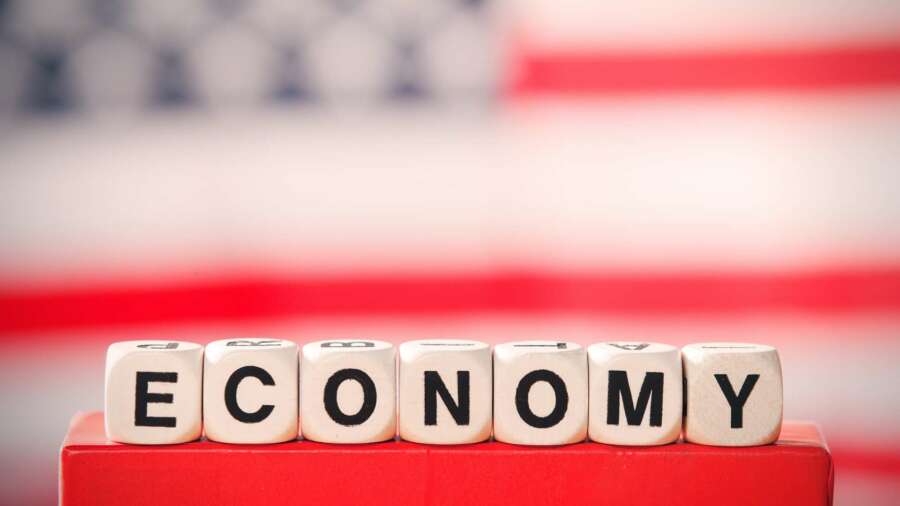
Political economy refers to economics that focuses on the way in which economic activity occurs within the context of political institutions and society. The term itself is derived from the Greek words polis (city) and logos (system). Political economy is primarily the study of exchange and production, and their relationships with government, public opinion and law; and also with the distribution of income and wealth.
As an analytical tool, political economy has been used extensively for political purposes since antiquity. In particular, it was an essential part of ancient Athenian democracy where philosophers like Demosthenes argued against the domination of the wealthy by Athenian citizens.
Economic development is defined as the process of creating value, which is the measure of the quality and quantity of a commodity; the creation of a process that maximizes a commodity’s value. Economic activity may be either physical or mental. Physical activity is based upon the activities of human beings such as the production of products, exchange of goods, use of resources, allocation of labour and money, and production of knowledge.
Human activity is divided into three categories: private, collective and social. Private activity is related to the satisfaction of individual needs and desires, collective activity to the production of goods and services, and social activity to the production of wealth and services for use by other individuals.
Exchange is a two-step process. First, it involves the exchange of a specific good or service for a specific one. Second, it involves the exchange of the good or service received for the specific good or service given. It is usually assumed that exchange results in the production of money, which can be measured in terms of money units, which is known as economics’s ‘unit of account’ – the quantity of currency a certain amount is exchanged for.
Economic activity is carried out on a basis of exchange, and the only reason for which people exchange is to buy or sell goods and services. However, there are a number of other factors, including politics, that determine exchange relationships. The main determinants are power, ideology, the position of the parties and the nature of the state.
Political economy also includes the concept of law. According to classical political economy, a ‘law’ is a system of rules and regulations which make the exchange process of goods and services possible; it is normally considered the ultimate guide to the allocation of income and the production of wealth.
Political economy has had a major impact on the theory of economics. The political economy of Adam Smith’s 18th century writings and John Stuart Mill’s later generation is known as classical political economy.
Political economic theories in the modern world often use different terms for political economy. For instance, there is the theory of comparative advantage, a theory of the ‘efficiency’ of different economic systems. There is also ‘social choice theory’, which makes reference to the ‘interference’ of the public with the market system, and political-theoretical economics. Theories of the distribution of wealth and income are also developed.
In contrast, classical economics is considered to be the scientific study of economic problem solving. It was developed through the process of natural selection and is concerned mainly with the production, distribution and pricing. Classical economic theory is distinguished from the economics of Keynesian or classical liberalism.
Political economies are based on the concept of competition between goods and services and the interaction between consumers. This theory assumes that individuals and communities choose goods and services according to their preference, and that they compete in the market to obtain them.
There are four main theories of political economy: classical economics, free-market economics, socialism, liberalism, and the welfare state. Each of these theories has its own strengths and weaknesses, and each has its own implications on political action. Each of these theories may also affect the political economy.


